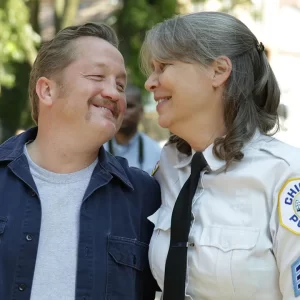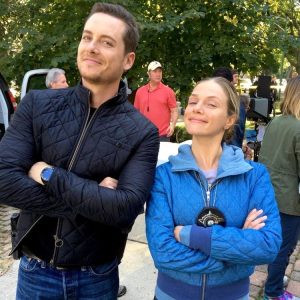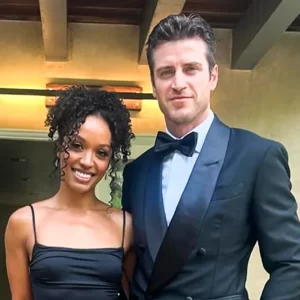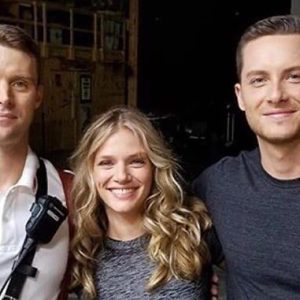Since Chicago P.D. premiered in 2014, Hank Voight has stood as one of television’s most morally complex characters — a man walking the razor-thin line between justice and corruption. From his earliest appearances in Chicago Fire to his now-iconic role as the hardened head of Intelligence, Voight has made questionable choices in the name of doing what’s “right.” But with the shocking murder of Reid in the explosive Season 12 finale, fans are wondering: has the time finally come for Voight’s long-awaited reckoning? As Chicago P.D. heads into Season 13, the aftermath of Reid’s death may do more than just rattle Intelligence — it could force Voight into the character arc he’s been resisting since Season 1: an honest confrontation with the consequences of his leadership, his methods, and his inner demons.
Voight’s reputation as a tough, often brutal cop was cemented in Chicago P.D.’s earliest seasons. He’s the guy who bends — and sometimes breaks — the rules to get results. Whether it was covering up a shooting, intimidating suspects, or manipulating internal affairs, Hank Voight has never been a traditional hero. And that’s exactly what made him such a compelling figure. But as the seasons passed, the cracks began to show. His methods alienated colleagues, created internal rifts in his unit, and put Intelligence under frequent scrutiny. Despite his loyalty to his team and his pursuit of justice, Voight has increasingly found himself alone — haunted by the ghosts of partners lost, protégés gone rogue, and choices that can’t be undone.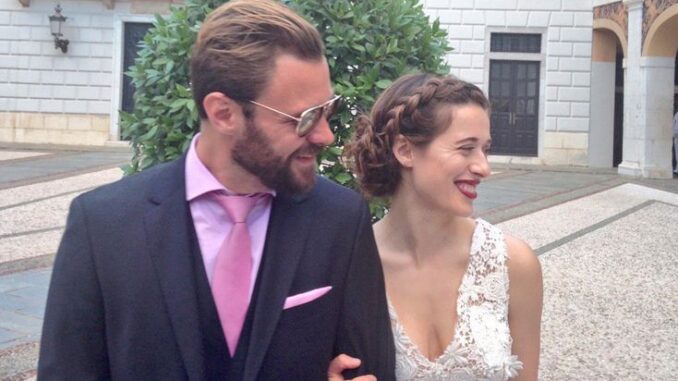
Reid, a recurring presence in Season 12, represented a new kind of officer: committed to justice but deeply suspicious of Voight’s tactics. His relationship with the team was complicated, but he often voiced concerns that many fans had felt for years — that Voight’s version of justice came with too high a price. His murder in the Season 12 finale wasn’t just a tragic twist — it was symbolic. Reid had come to represent the new generation of cops trying to reform the system from within. His death, under mysterious and potentially preventable circumstances, may be the final wake-up call for Voight — a man who’s spent too long justifying the unjustifiable.

Ever since the death of Voight’s son Justin in Season 3, the character has been spiraling. Each new trauma — the loss of Olinsky, the betrayal by Woods, the slow erosion of his moral compass — has pushed him deeper into isolation. And yet, the show has often teased a more reflective Voight. Moments where he questions his actions, tries (and fails) to protect his team from consequences, and shows flashes of emotional vulnerability. But these have always been fleeting. Season 13, however, feels different. Reid’s death is not a one-off casualty. It’s the possible catalyst for change that the narrative has been slowly working toward for a decade.
There’s a difference between redemption and absolution, and the Chicago P.D. fanbase knows it. Many longtime viewers have called for a deeper, more honest arc for Voight — one that doesn’t simply excuse his past behavior but holds him accountable in a way that’s true to the character. Fans don’t want Voight to become a perfect “good guy.” What they want is growth. Real change. A leader who finally confronts the emotional cost of the empire he’s built. The stage is set. Intelligence is fractured, trust is shaky, and Voight is more alone than ever. If he chooses to evolve — to own his past and lead in a new way — it could be one of the most powerful storylines the show has ever delivered.
Chicago P.D. has never shied away from the messiness of law enforcement, trauma, and personal morality. But with thirteen seasons behind it, the show — and Voight — are at a crossroads. Reid’s death is more than just another body in the line of duty. It’s a narrative turning point that demands reflection, responsibility, and change. Voight has been circling the edge of redemption for years. Season 13 might finally be the moment he stops circling and starts confronting. Whether he falls — or rises — remains to be seen. But either way, fans are ready. Because after more than a decade of blood, loyalty, loss, and blurred lines, Hank Voight’s most important battle may no longer be on the streets — it may be within himself.
